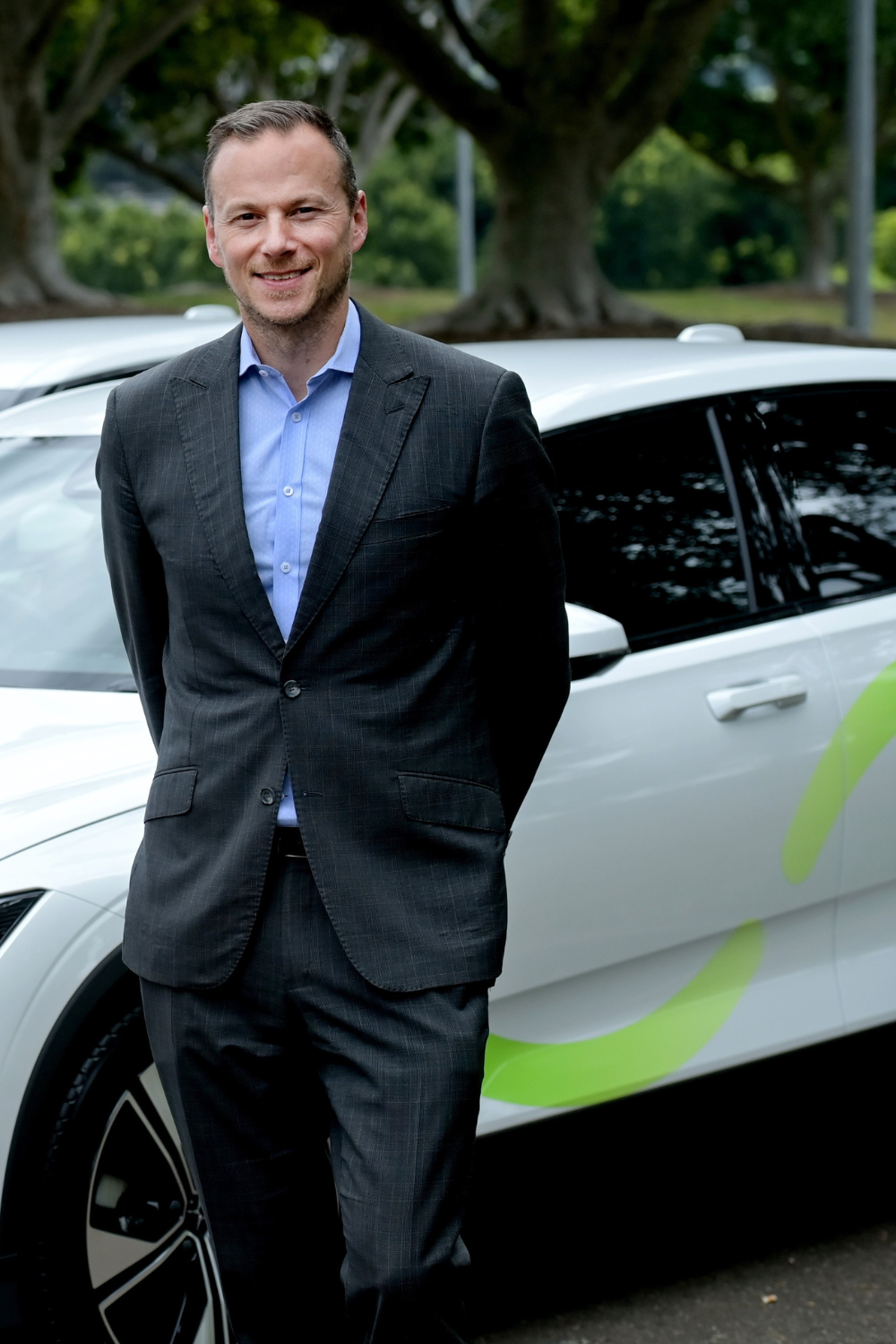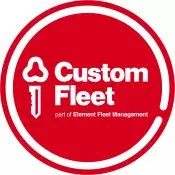Fleet operator making big strides in emissions reduction.
This content has been prepared by Custom Fleet and is being published by NZME as advertorial.
When the United Nations Climate Change Conference (COP28) wrapped up in Dubai late last year, the biggest headlines were reserved for a small, carefully written 34-word statement calling on countries to move away from fossil fuels in energy systems.
New Zealand is already ahead in this journey, as we boast the third highest rate of renewable energy as a portion of primary supply in the Organisation for Economic Cooperation and Development (OECD), after Norway and Iceland. As it stands, 40 per cent of our energy comes from renewable sources.
Yet while we rely heavily on renewables, such as hydro, geothermal and wind to produce our electricity, 60 per cent of our total primary energy consumption still comes from fossil fuels.
A large portion of that 60 per cent can be attributed to road transport. The International Transport Forum (ITF) points out transport accounts for 23 per cent of the world’s energy-related CO2 emissions.
According to the ITF’s most recent Transport Outlook, released last year, transport also indirectly contributes to increased demand for energy through infrastructure construction, vehicle manufacturing and fuel production. All generate greenhouse gas emissions even before the sector locks in future emissions because of the operating life of vehicle fleets and infrastructure.
The United States Department of Energy says electric vehicles are much more efficient and environmentally friendly to drive, with battery electric vehicles (BEVs) able to convert more than 77 per cent of the electrical energy from the grid to power at the wheels. Conventional internal combustion engine (ICE) vehicles convert only about 12 to 30 per cent of the energy from petrol.
With these kinds of numbers, the adoption of alternate fuel vehicles has been relatively quick, says the International Energy Agency. The IEA’s 2023 Net Zero Roadmap shows the sales share of plug-in hybrid, battery and fuel cell electric vehicles globally has reached 13 per cent.
The agency predicts this number will reach 100 per cent by 2050 if we continue the current trajectory. This scenario does account for a small proportion of vehicles to be powered by biofuels and 16 per cent by hydrogen. Moreover, oil will still have a role to play in plug-in hybrid vehicles.
Bearing this in mind, New Zealand’s transition to cleaner vehicles has begun in earnest, yet the ITF highlights more needs to be done by vehicle manufacturers and governments if the world sincerely wants to reach its target of net zero by 2050.
One company taking a leading role in New Zealand’s efforts to decarbonise the nation’s road transport is Custom Fleet who, according to the chief executive, Christopher Tulloch, have been working tirelessly on their sustainability journey since 2016.

“It's a core part of what we do at Custom Fleet and one of our main strategic priorities because fleet makes up a large portion of transportation,” Tulloch says. “We recognised early that our role in fleet management operations has a significant amount of reach and influence and we could assist our customers to focus on their sustainability objectives and then enable them to meet their targets through the service we provide.
“Put simply, we really think about it in two areas. There's the work we do at Custom Fleet as an organisation, around our own sustainability journey, and then there's the work we do with our customers to help them achieve their goals.”
Custom Fleet’s own journey began back in 2016 with a commitment to electrify 30 per cent of its internal fleet by 2019 and keep moving forward. At present 92 per cent of its Australian internal fleet is all electric and will reach 100 per cent in 2024.
With customers, the company provides a range of initiatives to help them reduce their emissions with the goal being that they can convert their fleet to electric. Tulloch says given the range of vehicles large corporate customers operate, going fully electric is not necessarily achievable in the short term so Custom Fleet look for innovative ways to drive their emissions profile down.
“We provide strategic consulting services to help customers understand which vehicles in their fleet potentially lend themselves to an EV option, and then, help them through that journey of conversion,” he says.
The company’s EV programme, called Arc, covers all aspects of EVs from vehicle procurement to providing access to public charging and then having that on a single bill for their customers. Arc assists with depot charging and installation, home charging solutions and ensures all the service touchpoints required to run an EV fleet are covered.
Leonard Tham, Director of Mobility and Strategic Partnerships at Custom Fleet, says while the EV market is growing in leaps and bounds, the fleet industry is expected to lag the consumer market in adoption for several reasons.

Most of the manufacturers who launched EVs a few years ago started at the luxury end of the market, which are not the vehicles that fleets deploy. Tham says Custom Fleet works with customers to decarbonise their business and assist them on their whole journey.
“They want to electrify but they don’t know where to begin and how to transition without impacting their business operations,” he says. “Our primary goal is to make sure the vehicles in the fleet can perform the job that they have been tasked to do.”
Arc is delivered through several different functions within the business: “Our strategic consulting team will analyse a fleet and identify vehicles that can be replaced with an EV. It must also meet other business requirements. For example, if there is any particular cargo or payload they need to carry,” says Tham.
“Using Telematics data, we can get granular about how and when the vehicle is used and ensure that an electric equivalent will be able to perform all the same tasks. This ensures customers have the data and insights to be able to build their transition plan as well as to develop policy or a change management plan.
“The next step is to provide a charging solution whether at the customer’s office or depot or at their home. Through our national network of electrical contractors, we can supply and install a smart charging solution to suit their business needs.
“We also have partnerships with public charge point operators and this enables a company to have full visibility of the energy their vehicles consume, at the office, at home or on the road.”
Tham says there are many advantages in EVs for fleet managers, particularly in terms of cost to run, as there are fewer moving parts – so maintenance costs can be lower and there will be significant fuel-saving costs.
Yet while a large portion of fleets will be electrified, there may be some cases where EVs currently might not be the right solution – such as those that operate in remote areas where charging is limited or heavy haulage.
Tham also highlights other low-emissions technologies like hybrids and plug-in hybrids, as well as vehicles that use renewable biofuels and hydrogen fuel cells, although he adds that “these are still emerging and need to be proven at scale”.
For more information: customfleet.co.nz/electric-vehicles/






